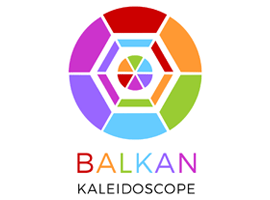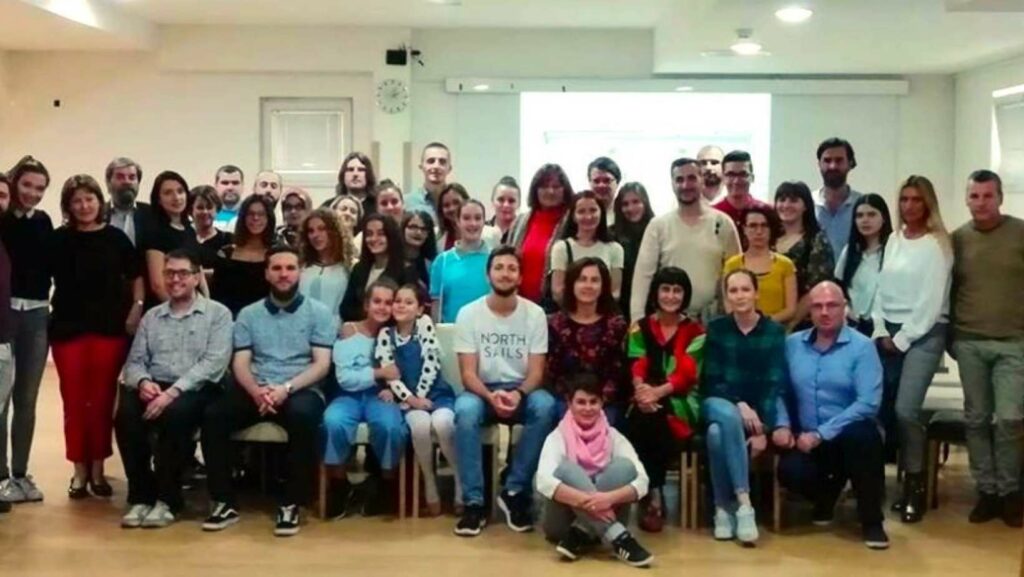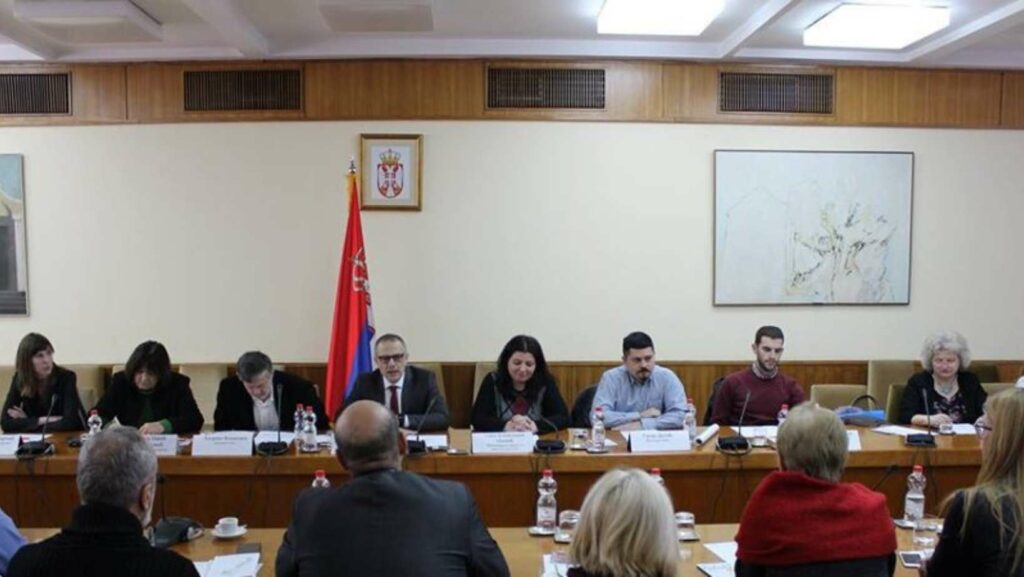
AT A GLANCE
KALEIDOSCOPE is a project that involves students and teachers on the importance of multiperspectivity in learning history and indicates the knowledge of Yugoslav Wars as fundamental tool to understand the present. 13 partners, from 8 different countries of Europe and Balkans areas, lead the project.

OBJECTIVES
The main objectives of this project are:
- Bringing attention to importance and value of oral history and multiperspectivity in historic narrative.
- Developing teachers’ capacities for using multiperspective methodology, personal narratives and oral history, participative and interactive methods starting from Western Balkans most recent history.
- Promoting among young people a deeper understanding of Europe’s shared history and common values, develop respect, tolerance and appreciation of European diversity on the background of remembrance of Yugoslav Wars and efforts for European integration. Help them to better understand the complex and sensitive issues of intercultural and interethnic dialogue.
- Reflecting of importance of peace in Europe and of furthering the EU integration.
